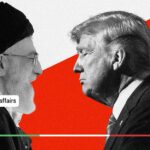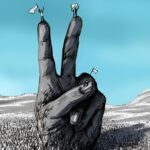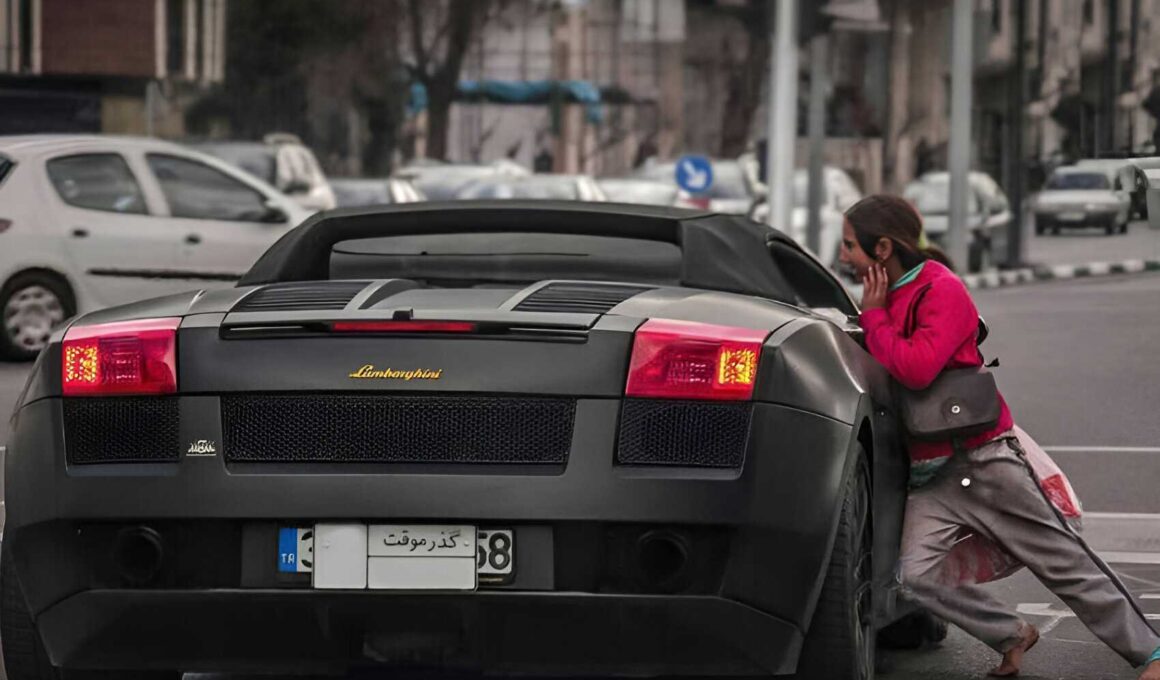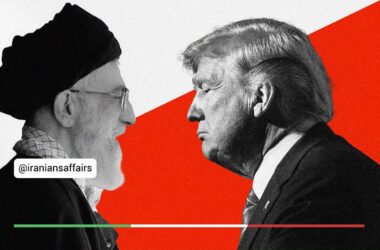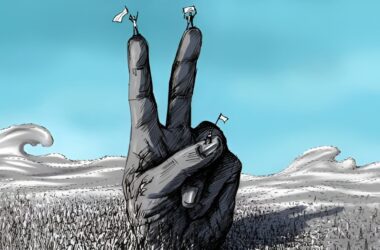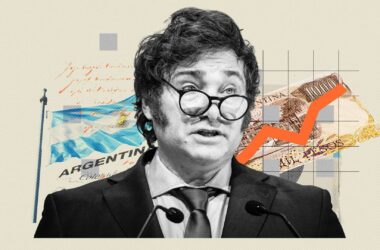The issue of ownership in Iran is a complex matter. In the current legal system, only the state holds real ownership, including land, water, energy, and minerals. People have the right to use these resources within a rent-based structure, with limited ownership over land.
This monopolistic ownership structure has led to significant crises, particularly affecting household expenses, especially in the housing sector due to land scarcity and monopolistic control over supply.
The pricing difference in housing between affluent areas in Tehran and smaller cities is primarily attributed to land prices, justified within this rent-based structure. However, this difference is a result of the highly corrupt housing sector due to the monopolistic structure.
Addressing this issue requires a determined effort to break free from this monopolistic structure. The control over water, energy, oil, gas, and other resources has been monopolized with a preferential allocation system, reinforcing self-interests and rent-seeking behaviors. The lack of true ownership for the people, but rather centralized ownership by the government, disconnects wealth from income. The government ensures that only those aligned with its interests have meaningful access to wealth, creating a temporary middle class based on income rather than assets.
The relationship between ownership, wealth, and income becomes critical in the context of Iran when some critics prioritize justice over democracy and are indifferent to standing against authoritarianism. They fail to understand that within the current global frameworks (nation-states), complete negation of ownership is not desirable. I have assumed that negating capitalism equates to negating ownership, leading to centralized government ownership as we witness today’s tragedy in Iran.
I’ve also added another assumption that modifying ownership is not possible without a democratic government. Modifying ownership requires a “responsive structure” and an “absolute elimination of structural discrimination,” which, in today’s world, is only possible in a participatory democracy.
To better understand the relationship with the main discussion, I will review the possible and serious left-wing programs to prioritize justice over democracy, shedding light on the importance of poverty and ownership debate in Iran: 1. Public ownership, 2. Equal distribution of public assets, 3. People’s (workers’) stake in ownership and profits of production and services, 4. Heavy intergenerational taxation, 5. Taxation on total assets, 6. Reduction of working hours, 7. Increase in minimum wage, 8. Supportive healthcare services, 9. Affordable healthcare services, 10. Quality equal and affordable education services, 11. Comprehensive social security and empowerment of vulnerable groups.
